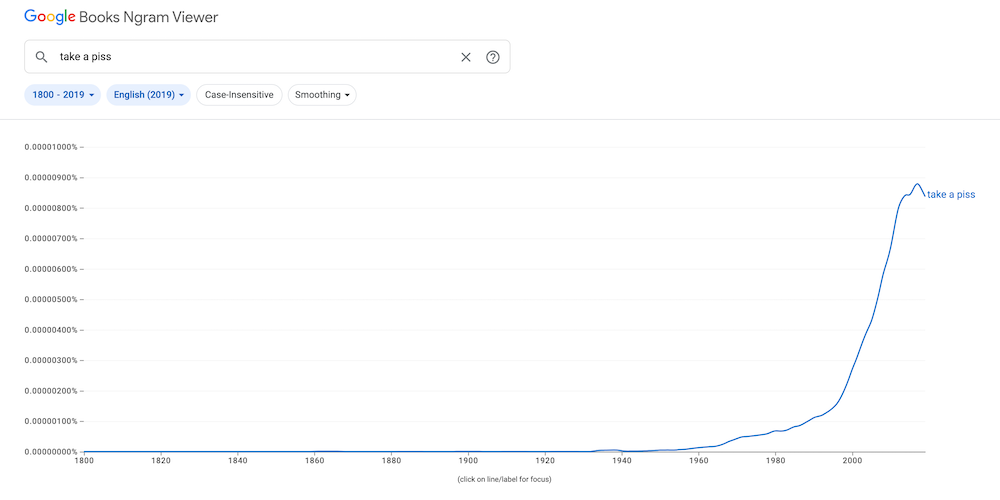ビジネスシーンでよく使われる「bring something to the table」ですが、どういう意味かご存知ですか?
このブログでは、この表現の意味やどのように使われるかについて解説していきます。
実践的な英語ならケンジントン英会話
ケンジントン英会話では、教科書には載っていない、生きた表現を身に付けられます。
福岡市内の教室やオンラインで、経験豊富でフレンドリーな講師と一緒に英語を学びませんか?
実践的な英語を学びたい方はケンジントン英会話の公式サイトをチェック!
「bring something to the table」の意味
「bring something to the table」は、ビジネス活動、仕事、プロジェクト、ディスカッション、交渉、その他の取り組みに、役立つものや利益をもたらすもの(例えば、スキル、アイデア、リソース、経験など)を持ち込むことを意味するイディオムです。
「bring something to the table」の起源
このイディオムの起源ははっきりしていませんが、ビジネスや金融の世界でアイデアを交換・議論するためにテーブルを囲むことが一般的であることが由来すると思われます。
会議や交渉に価値あるものを持ち込むための比喩として始まったと考えられます。
「bring something to the table」の例文
昨今では、このイディオムはビジネスや金融のシーンを超えて多くの状況で使われています。
誰かが価値あるものを提供したり貢献したりするあらゆる状況で使われる柔軟な表現になっています。
野球チームの新入りの選手が、そのチームに新しいコツを教える、という状況にも使えますし、シェフのアシスタントが、人気の料理に新しい食材を加えてさらに美味しくする、という状況にも使えます。
[例文]
You were right to hire Jesica Watanabe, Jin. She has brought a lot of experience, some important sales skills and a positive attitude to the table.
(ジェシカ・ワタナベを雇ったのは正解でしたね、ジン。彼女はたくさんの経験、重要な営業スキル、そして前向きな態度を持ち込んでくれました。)
He always brings fresh ideas and enthusiasm to the table when we work on a new project.
(彼は新しいプロジェクトに取り組むとき、いつも新鮮なアイデアと熱意を持ち込んでくれます。)
「bring something to the table」は、仕事やプライベートでの取り組みなどへの貢献の価値や利益を強調するのに便利な表現です。
[原文:English version]
Bring something to the table
What does this expression (often used in business situations) mean and how is it used? Please read on…
Meaning
To bring something to the table is an idiom that means to bring something of use or benefit, for example skills, ideas, resources, experience etc, to a business activity, job, project, discussion, a negotiation and other undertakings.
Origins
The origins of the idiom is not clear but it’s thought to have originated in the business and finance world where it’s common to gather around a table to exchange and discuss ideas. It likely started as a metaphor for bringing something valuable to a meeting or negotiation.
Usage and Examples
Today the idiom is used in many situations beyond business and finance. It has become a flexible expression used in any situation where someone offers or contributes something valuable. A new baseball team recruit may teach some new tricks to his new team. A chef’s assistant may add new ingredients to a popular dish that makes it even tastier.
Example1
You were right to hire Jesica Watanabe, Jin. She has brought a lot of experience, some important sales skills and a positive attitude to the table.
Example 2
He always brings fresh ideas and enthusiasm to the table when we work on a new project.
To sum up, ‘bring something to the table’ is a useful expression you can use to highlight or emphasize the value or benefit of someone’s contributions to a professional or personal project.
~*~*~*~ \ Follow me / ~*~*~*~
Instagram : @kensington_eikaiwa
Twitter : @Kensington_Eng
Facebook : @kensingtoneikaiwa
YouTube : KENSINGTON英会話
~*~*~*~*~*~*~*~*~*~*~*~*~*
◆お問い合わせはこちら
ケンジントン英会話:お問い合わせフォーム










































